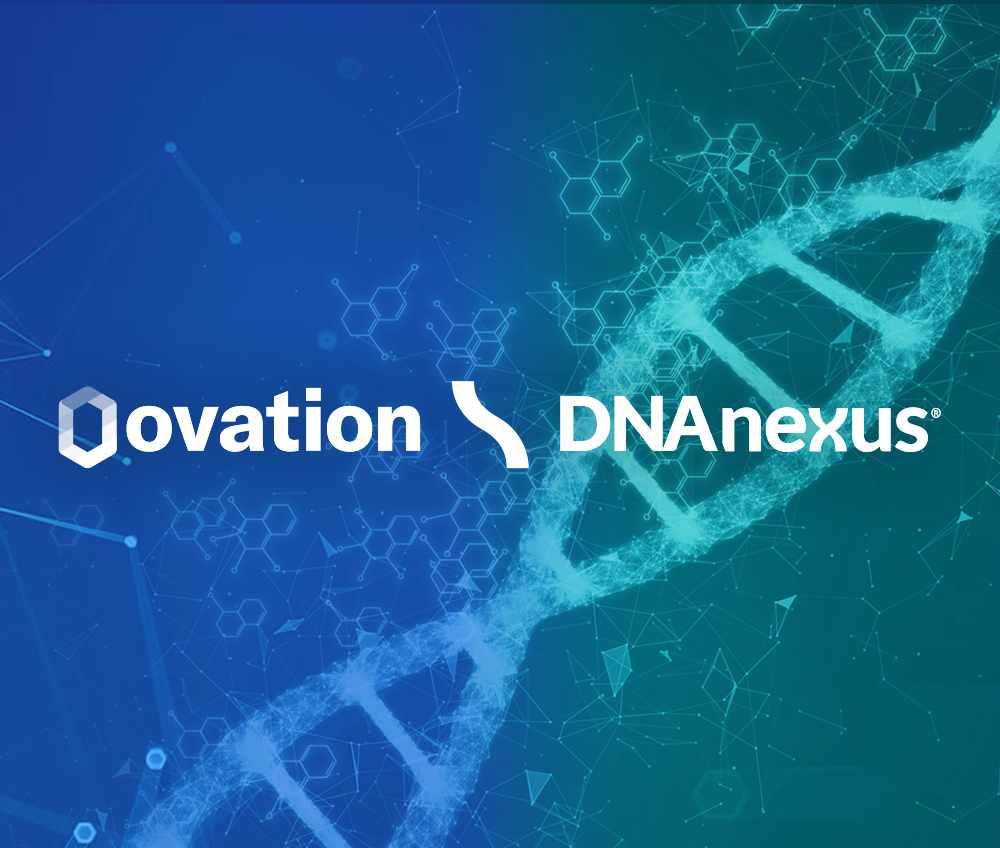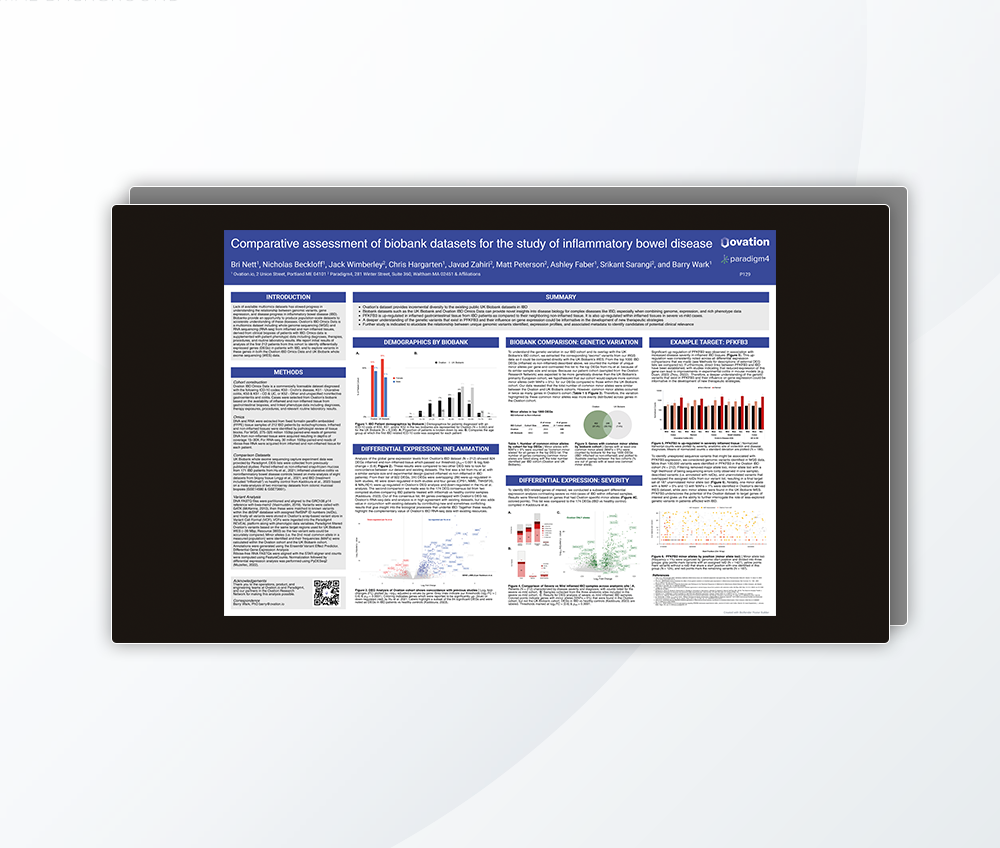March 25th, 2020: Updates for testing COVID-19 in your lab
Written by Dr. Pauline Gee, Ovation’s Head of Clinical Affairs
Updates for testing COVID-19 in your lab
In yesterday’s town hall meeting (https://www.fda.gov/CDRHWebinar) the FDA said it will not require labs to perform a bridging study for any modifications from a manufactured EUA kit if a bridging study for the same modification has already been performed by another laboratory that has successfully obtained EUA. Such performance characteristics for modifications of EUA kits or systems will be posted as regular updates made by the FDA (https://www.cdc.gov/coronavirus/2019-nCoV/lab/index.html/#LOCSvtm).
For example, the Taqpath™ COVID-19 Combo Kit was granted EUA status to test patient specimens on the Applied Biosystems™ 7500 Fast Dx Real-Time PCR system. If your lab is running QuantStudio™ 7 or 12k Flex Real-Time PCR System, you must perform a bridging study during your Validation for your EUA submission to use the existing instrument in your laboratory. If another lab has already performed this bridging study, you will not have to repeat it in your laboratory. However, all other validation requirements must be met as outlined by the FDA Guidance updated March 16, 2020.
If you do not find your instrument(s) listed by the FDA or if you want to make modifications to any EUA kit or system for COVID-19 you must perform bridging studies for those modifications. The FDA encourages you to share your bridging studies with them and to give them permission to allow the FDA to share those bridging validation studies on their website to be shared so that more labs can meet the impending demand for testing capacity across the country.
Just a reminder, even if you are using a kit or system that has EUA, or if you are developing your own test as an LDT, and you are not applying for EUA status, contact your state health department as they have regulatory oversight of your testing and results reporting.
The CDC update on Monday, March 23, 2020, emphasized that reporting of all COVID-19 results including positives, negatives, and inconclusive/indeterminate, must be reported to your state department of health agency which has regulatory oversight of your lab. Janet Hamilton of the Council of State and Territorial Epidemiologists (CSTE) requests that the reporting of patient results include patient demographic data as complete as possible in electronic form. Specifically, patient name (preferably first, middle initial, last), sex, date of birth, residential address, telephone number(s), and email address(es) are considered patient demographic data in addition to the test results, I repeat, positive AND negative results (and inconclusive/indeterminate results).
Contact your local CLIA or state health departments for specifics of this reporting https://www.cms.gov/Regulations-and-Guidance/Legislation/CLIA/Downloads/CLIASA.pdf. You may find little on the websites of the state agencies so it may require contacting them by telephone. For example, the reporting requirements for California can be found here, and for Nevada, information can be found here.
Updates are coming fast and furious in lab preparation for the COVID-19 pandemic and may overwhelm some salient points to your testing needs. We will endeavor to keep you apprised of relevant points to support your testing efforts as changes unfold.



